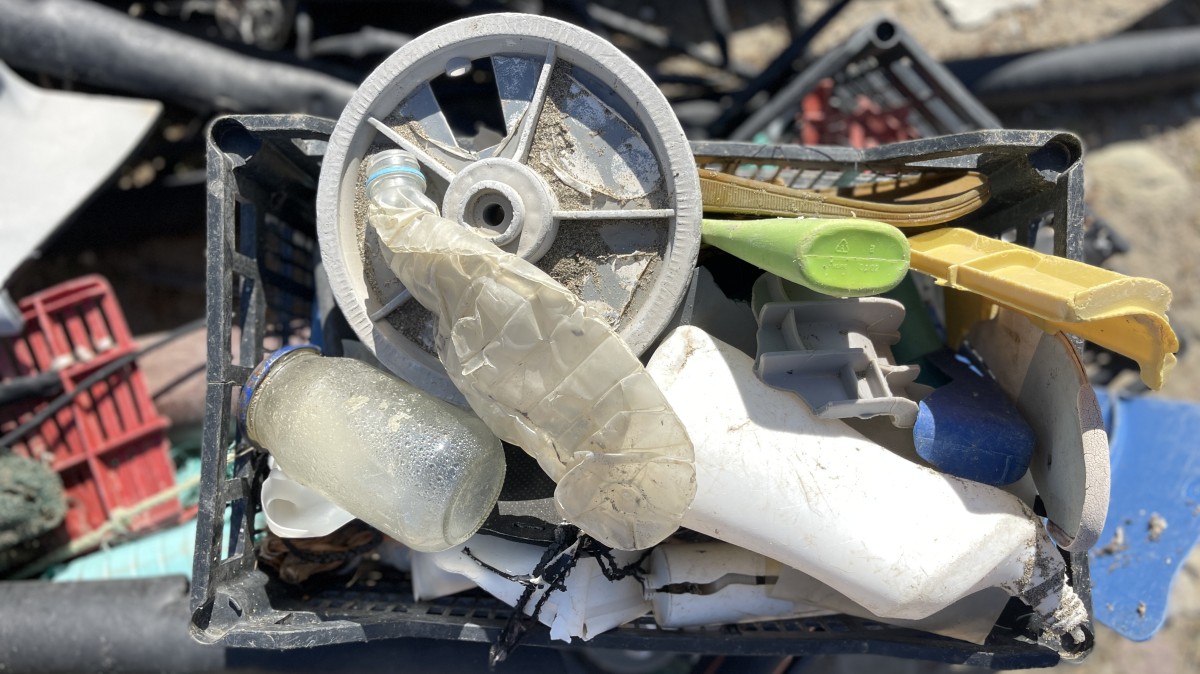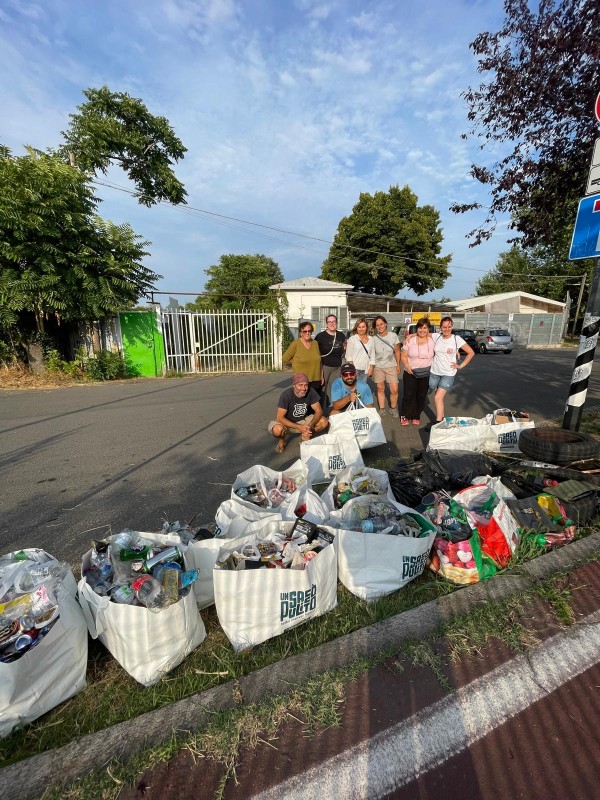Sustainability in Action: How to Reduce Waste in Everyday Life
News - 8 August 2023
Sustainability has become a crucial issue in our current times, with an increased urgency for the need to preserve our planet for future generations. One of the most pressing challenges we face is responsible waste management. The enormous amount of waste produced on a global scale generates devastating impact on the environment: it threatens biodiversity, pollutes ecosystems and contributes to climate change.
In this post, we’ll explore how each of us can help reduce the waste in our daily lives, by adopting sustainable practices and promoting a positive impact on the environment.
1. Reduce the Use of Single-Use Plastic
Single-use plastic represents a major environmental threat. Plastic bottles, bags, containers and cutlery contribute significantly to the pollution of the environment, especially the oceans, putting marine life and the balance of marine ecosystems at risk. Plastic takes hundreds of years to degrade, and even then it often turns into micro-plastics, which can spread around the world.
To help reduce single-use plastic, we can make simple changes to our daily habits. Using reusable water bottles, carrying cloth shopping bags, avoiding products with plastic packaging and preferring durable and eco-friendly products are concrete steps towards reducing waste.
2. Sustainable Food Choices
The choice of foods we consume can have a big impact on sustainability. The food industry contributes significantly to waste production through excessive packaging and food waste. Opting for fresh, local and seasonal foods, reducing meat consumption, which requires significant resources to produce, and adopting practices such as composting can contribute to a more sustainable diet.
3. Reuse and Recycling
Reuse and recycling are key to reducing waste. Many things we consider "waste" can be reused in creative ways. Old furniture can be refurbished, clothes can be donated or transformed, and materials such as paper, glass and plastic can be properly recycled. Following local recycling guidelines is essential to maximizing the effectiveness of this process.
4. Educate and Inspire Change
A key element to promoting sustainability is education. Sharing knowledge, experience and advice on how to reduce waste can inspire others to take action. Participating in local beach and forest clean-up initiatives, sharing the results and involving the community can generate a positive impact at a local level.
In conclusion, sustainability in action is essential to reduce waste and preserve our planet. Each of us can make a difference by adopting small changes in daily habits and sharing awareness of the importance of responsible waste management. Together, we can help create a cleaner, more sustainable future for everyone.
Potrebbero interessarti
-
A project with Ayuda Directa Onlus
News - 17 November 2025
-
When we care for others, we elevate ourselves
News - 20 July 2025
-
A collective effort at the foot of the Matterhorn: 650 kg of waste collected
News - 14 July 2025
-
Earth Day: Thank You to Those Who Get Their Hands Dirty to Clean the World
News - 22 April 2025
-
Quei piccoli errori con la differenziata che fanno davvero la differenza (in peggio)
News - 31 March 2025






